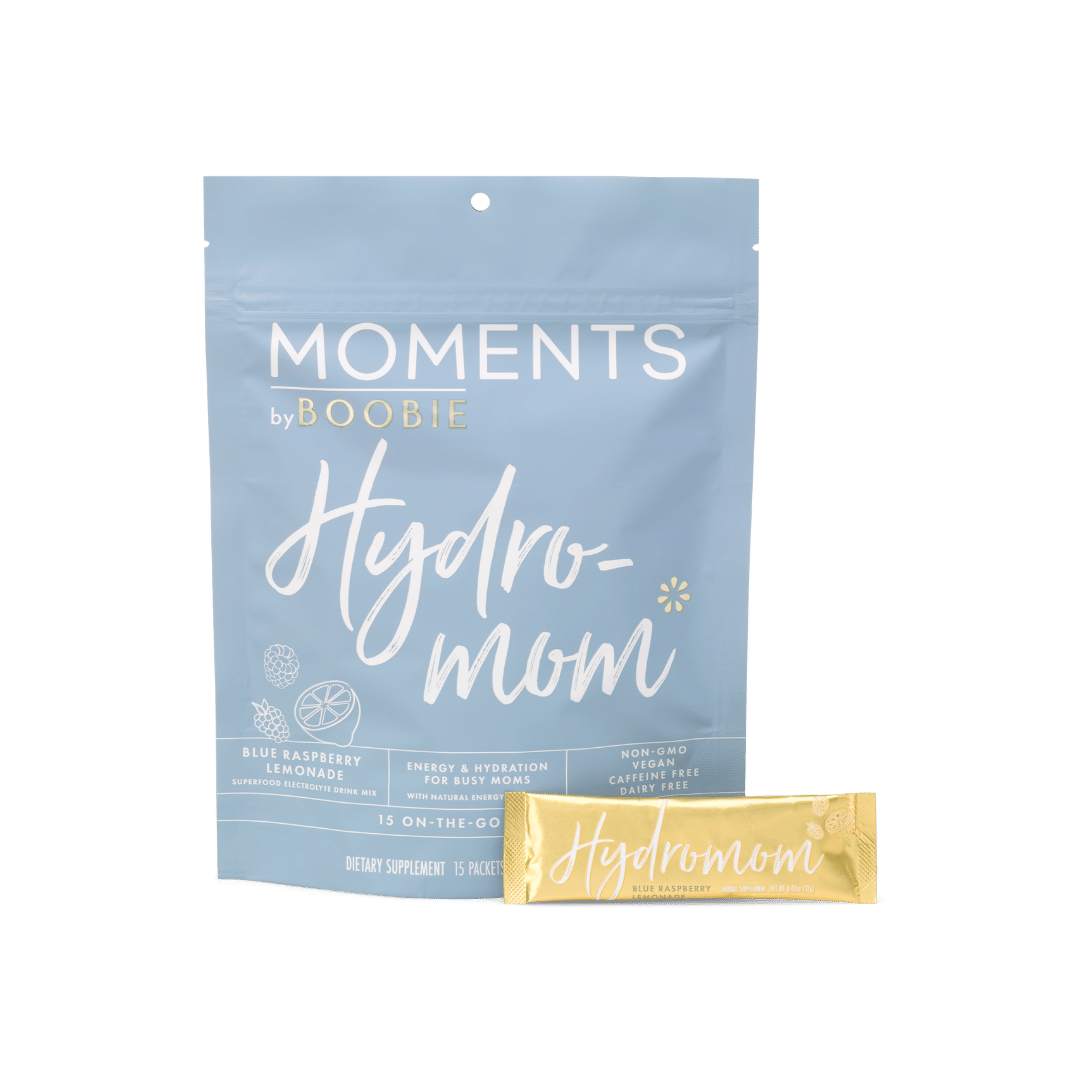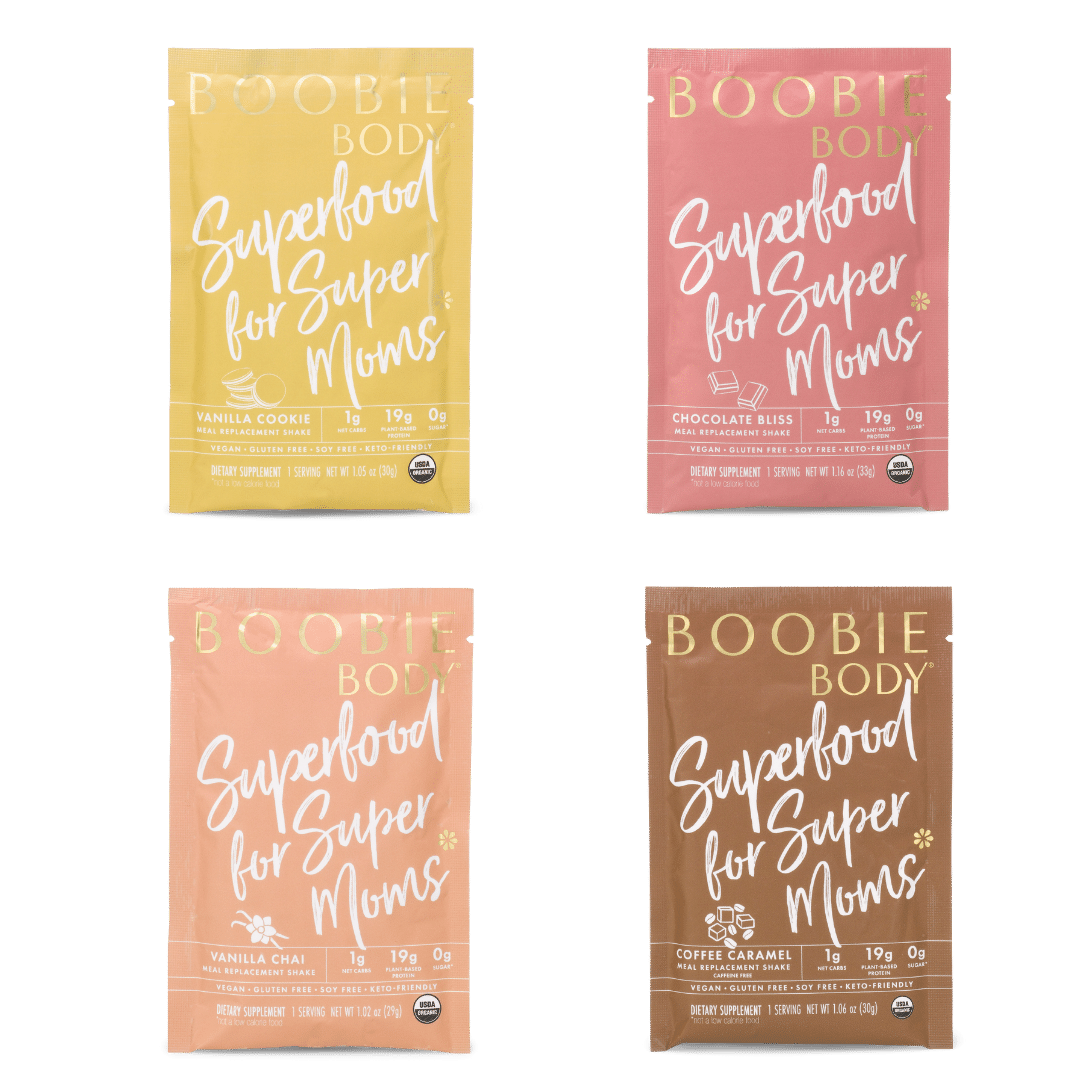By Wendy Colson RN, IBCLC, RLC
Here’s 5 things you didn’t know your SuperBody does postpartum:
Your breastmilk changes to match your babies needs
You already know that your milk is #liquidgold but did you know that your milk supply changes based on what your baby needs with no effort on your part? Colostrum, your breast’s “first milk”, contains your antibodies which gives your baby’s immune system a jumpstart to fight illnesses. Your breasts continue to work like magic and they constantly adjust the percentage of components (protein, fat, vitamins, etc.) to match your baby’s age. Unlike formula, breastmilk is age specific and it changes composition throughout the day making each feeding custom and full of different flavors from your diet. Your postpartum body is truly super because you’re serving a different meal at every feeding without lifting a finger (enjoy the ease of meal prep now before solids begin). But wait, there’s more...your milk changes it’s immunology (how it reacts to pathogens), based on what you and baby become exposed to. Each time you kiss your baby’s skin or your baby nurses directly from the breast, your body responds. It takes in any pathogen from the environment and then creates antibodies from your gut to pass down to your baby through breastmilk to provide protection. This superpower our postpartum bodies have is called the entero-mammary pathway.
Ever wonder why after we deliver our babies, we still have a significant “pooch”? Trimester by trimester during pregnancy, your uterus expands to accommodate your growing baby. Before pregnancy your uterus is roughly about the size of an orange and by the third trimester it’s about the size of a watermelon for a single pregnancy. After childbirth, the uterus contracts to return back to the size of your fist. This process is called involution and takes about six weeks. The hormone oxytocin, released when breastfeeding or pumping, causes your uterus to shrink back to its normal size faster. It’s also not your imagination if you complain of more intense cramps after each delivery too. These stronger contractions are necessary since the uterus becomes more boggy(laxed) the more pregnancies we have. Thankfully, ibuprofen and acetaminophen offer pain relief caused by our body’s innate belly flattening act.
While many assume that after the baby is born the body “snaps back” to it’s pre-baby shape- the still expanded uterus serves another function. By the uterus still being expanded it helps provide a perfect “ledge” for your baby to use to crawl to the breast in the early days of breastfeeding. At a time when skin to skin (also known as the breast crawl) is needed to stimulate your milk supply.
Hormones go on a wild ride during labor, birth and postpartum. After birth, your estrogen and progesterone levels plummet while prolactin (the milk making hormone) and oxytocin (aka the love hormone) skyrocket. The hormone oxytocin serves to help you bond with your new baby and also explains how that “mama bear instinct” builds up inside you to help protect your new addition. While the shift in hormones after birth can leave you feeling more emotionally vulnerable, it can also serve to create an inseparable mother baby attachment. Once again, your SuperMom SuperBody makes oxytocin all on it’s own when you hold and interact with your baby (no pills to swallow-yay!) and the amount surges even more each time you breastfeed/pump.
In case you missed it, read: you will be HUNGRY during postpartum! This shift in appetite is related to recovery from birth where energy stores are used by the demand breastfeeding puts on your body. This is actually an incredibly adaptive response from your body to intuitively meet the nutritional demands for your body and ensure your baby has adequate nutrition. Fueling your SuperBody with optimal nutrition is vital for both you and your baby, because skipping meals and eating your toddler’s goldfish crackers is not an option.
So, while you sit with your newborn and think about how in just 9 months they were created, relish in knowing that your SuperBody was transformed into a SuperMom during this time too!
References:
- Jodi L. Pawluski, Kelly G. Lambert, Craig H Kinsley. Neuroplasticity in the maternal hippocampus: Relation to cognition and effects of repeated stress. Hormones and Behavior, Elsevier, 2016, 77, pp.86-97. ff10.1016/j.yhbeh.2015.06.004
- https://www.nytimes.com/2020/05/05/parenting/mommy-brain-science.html




















